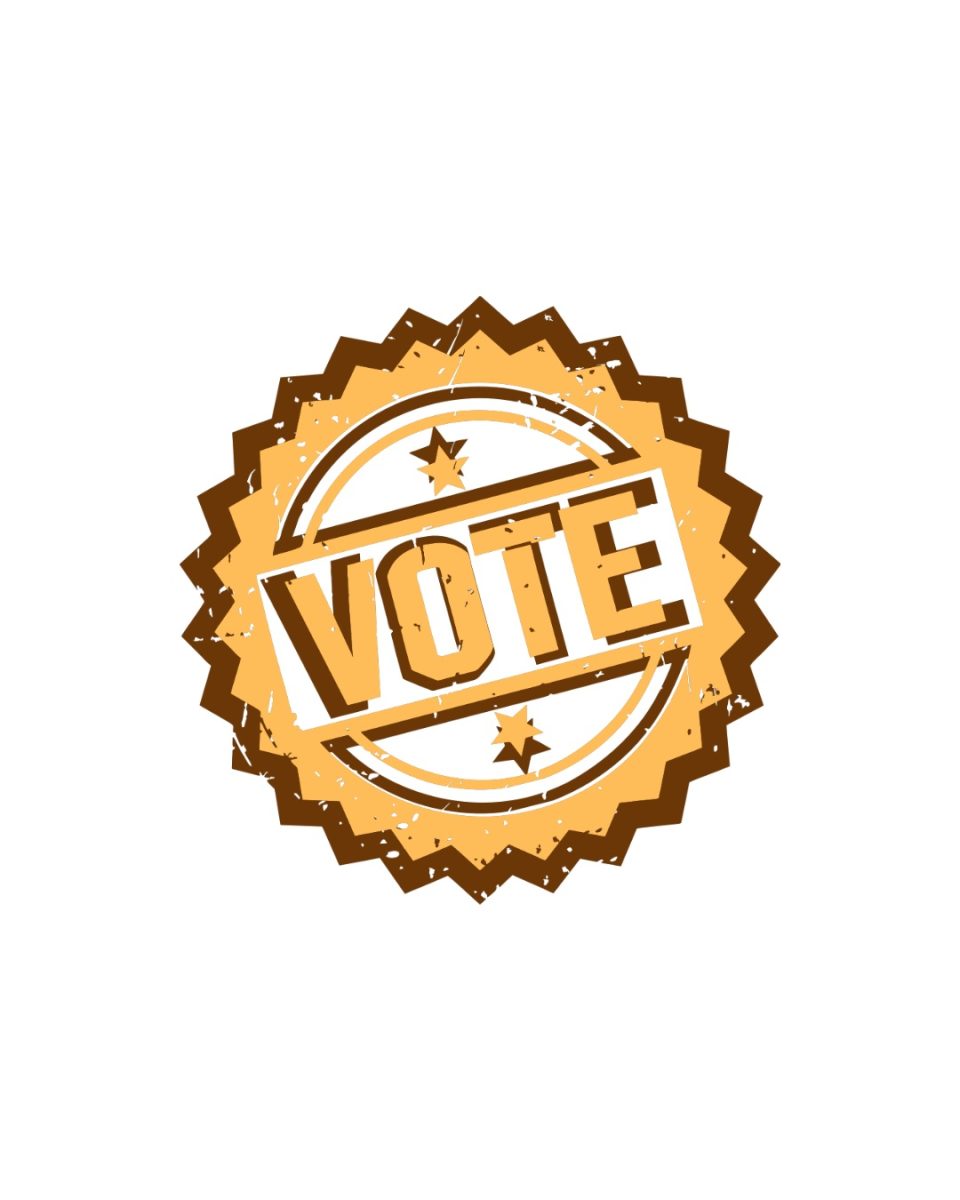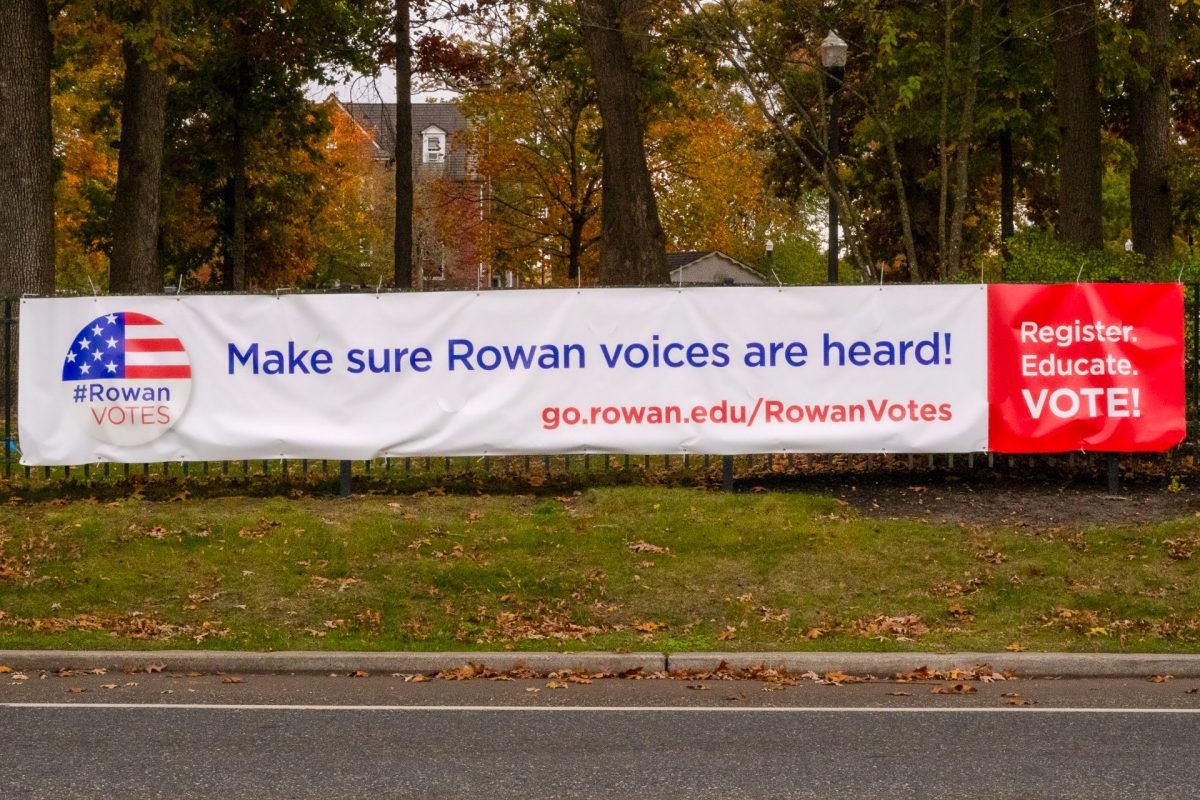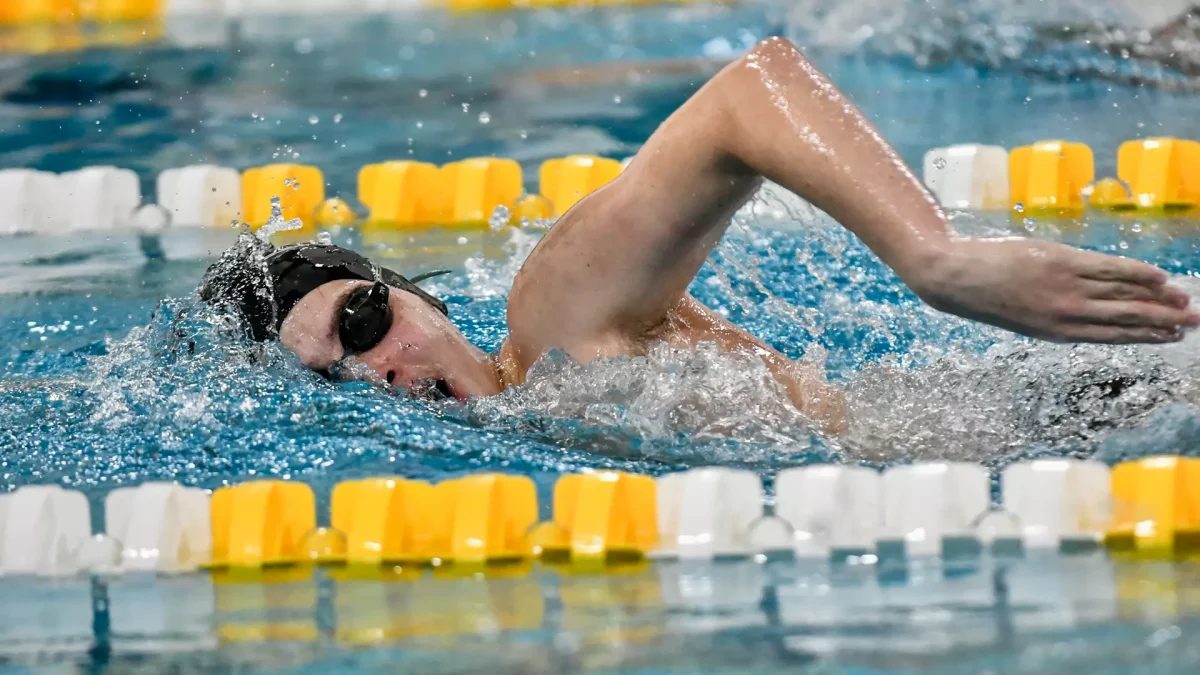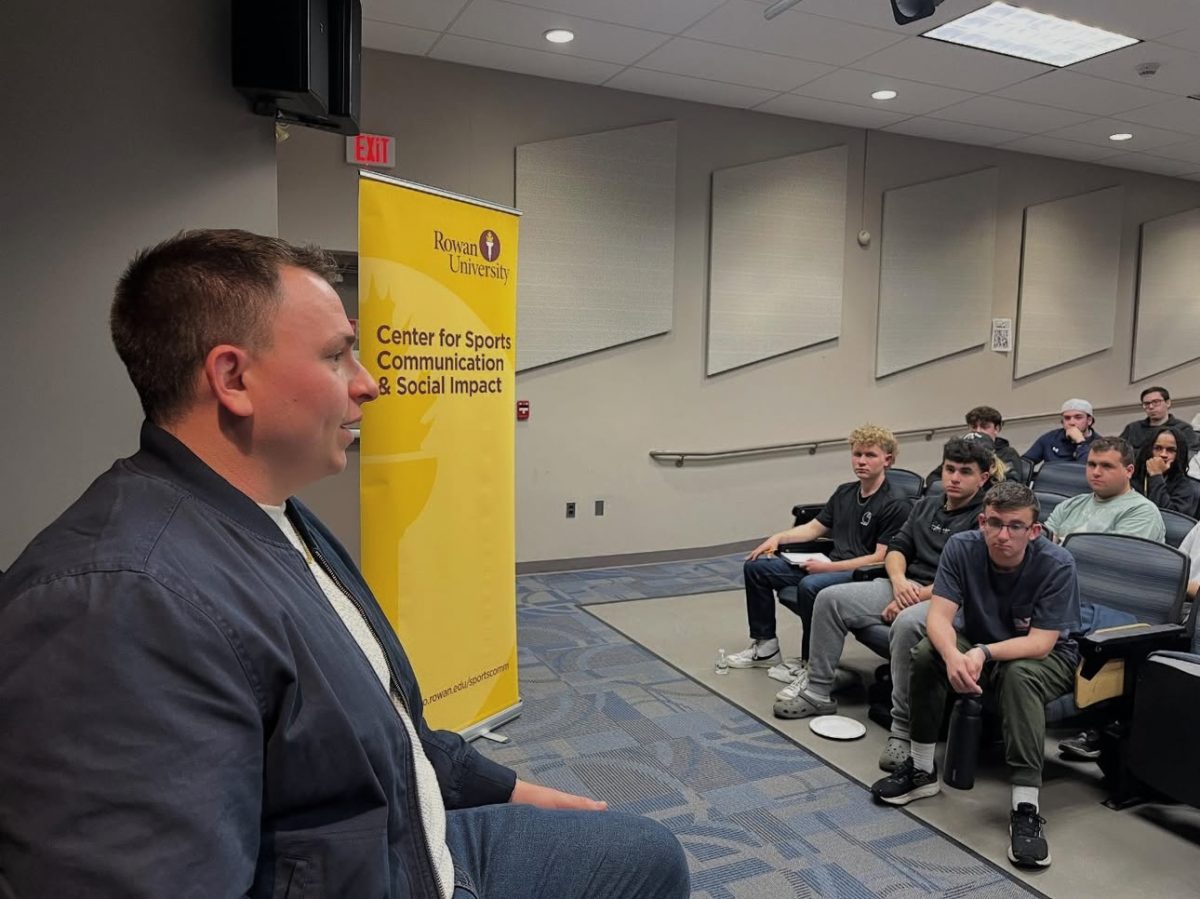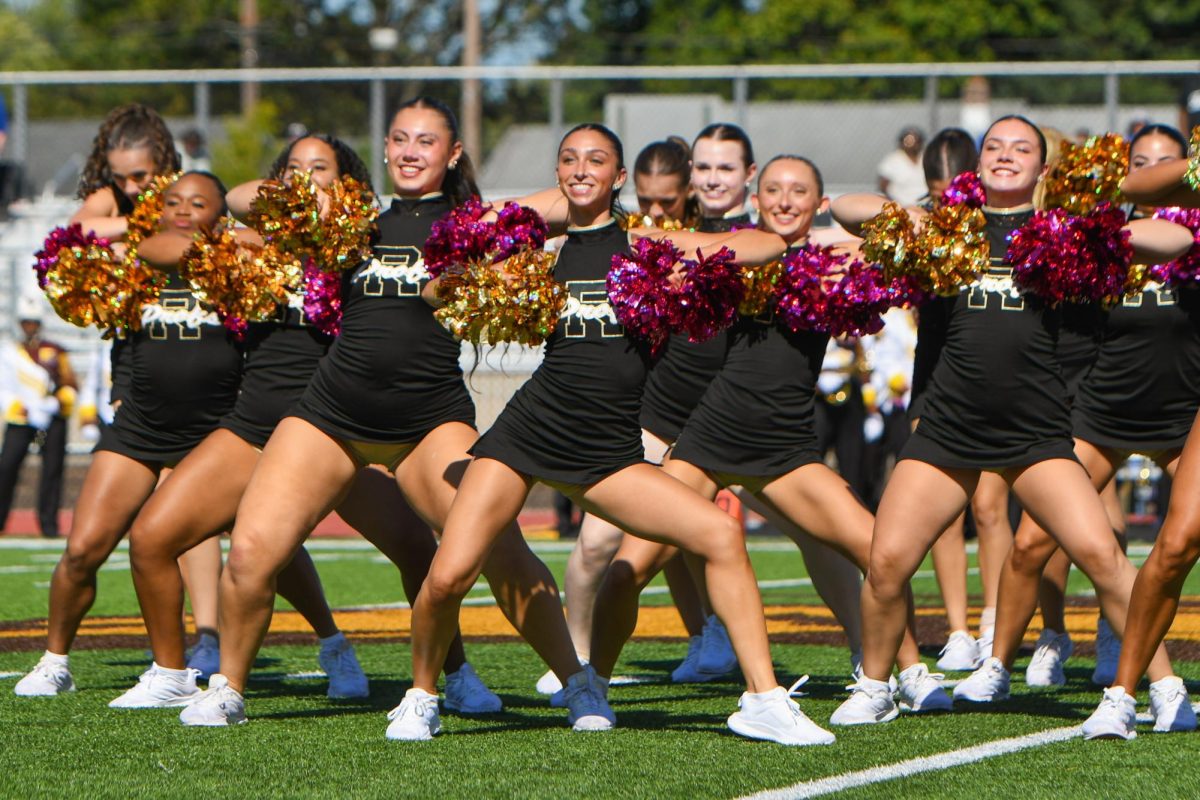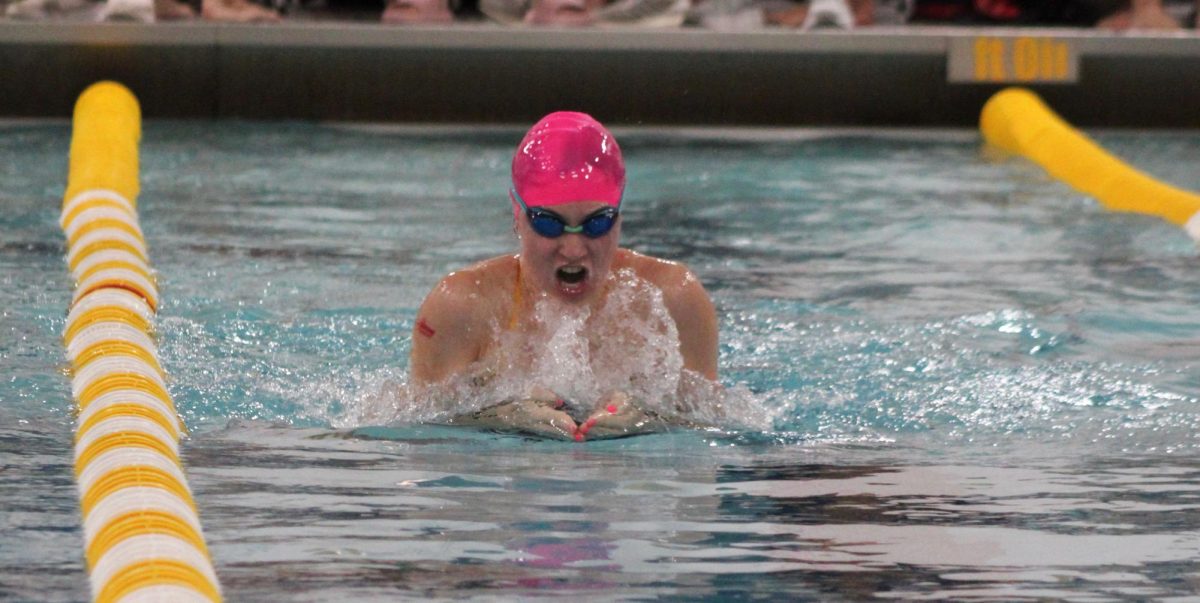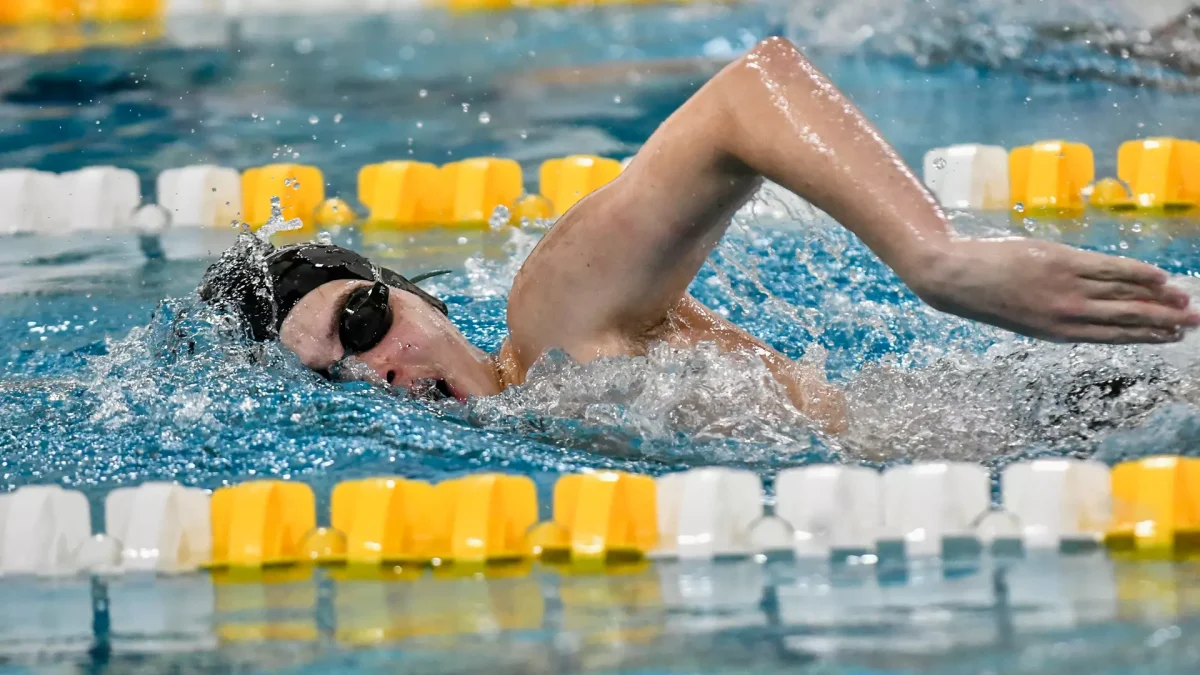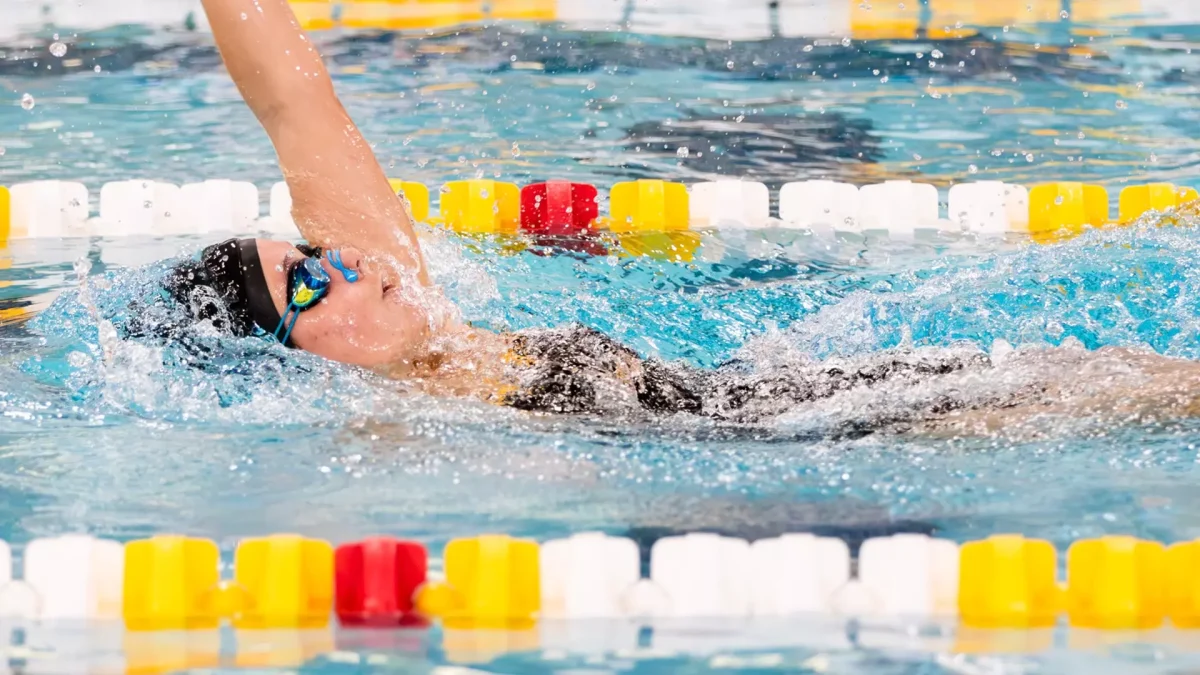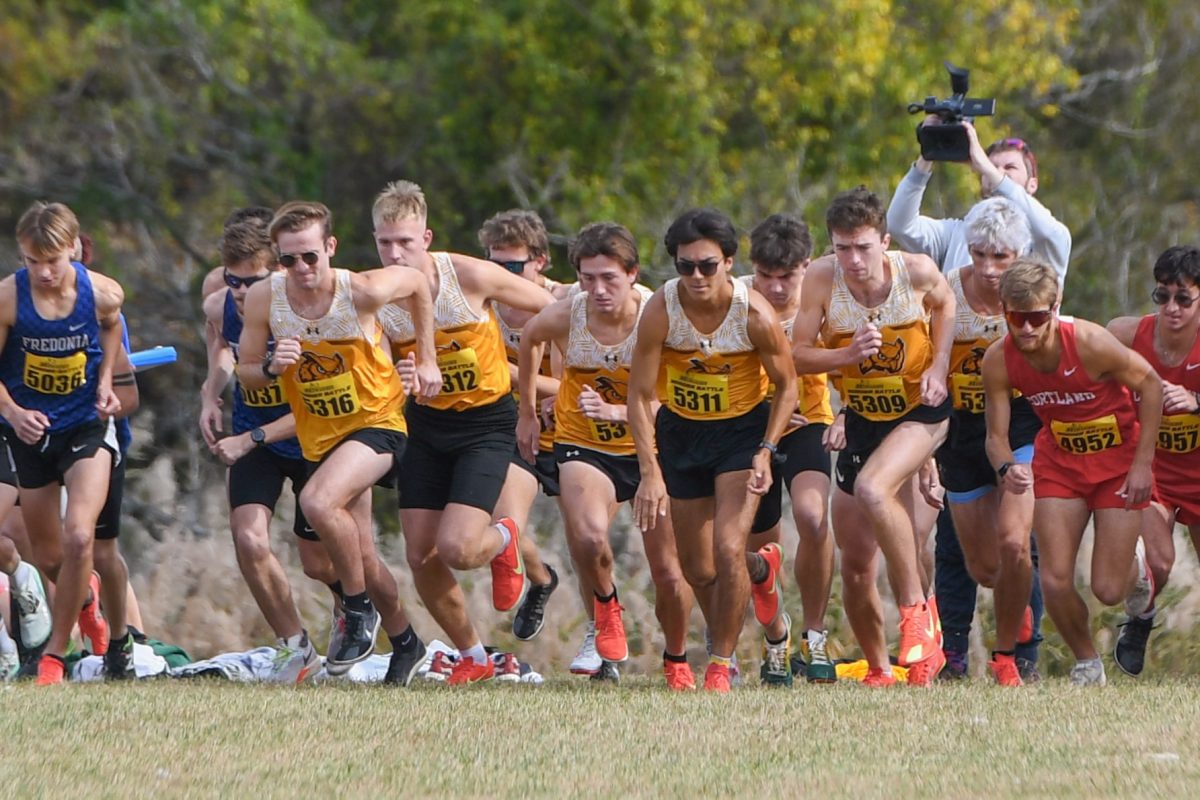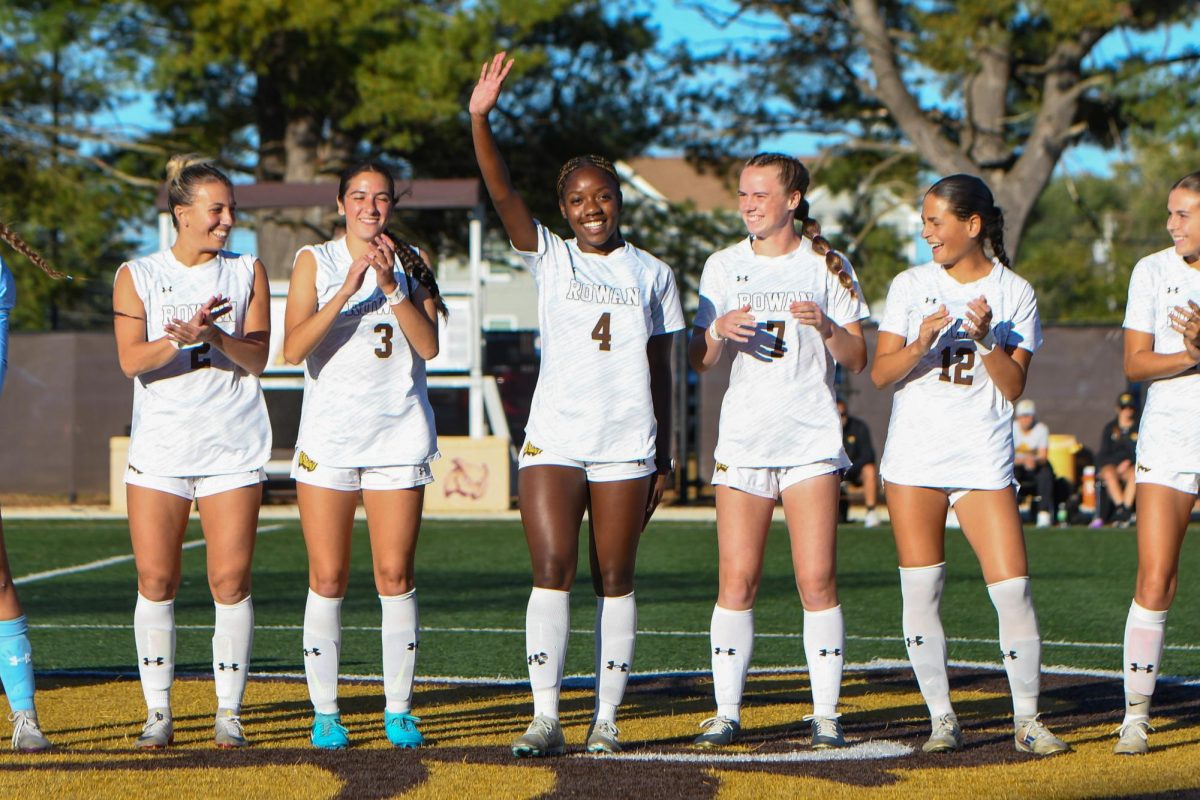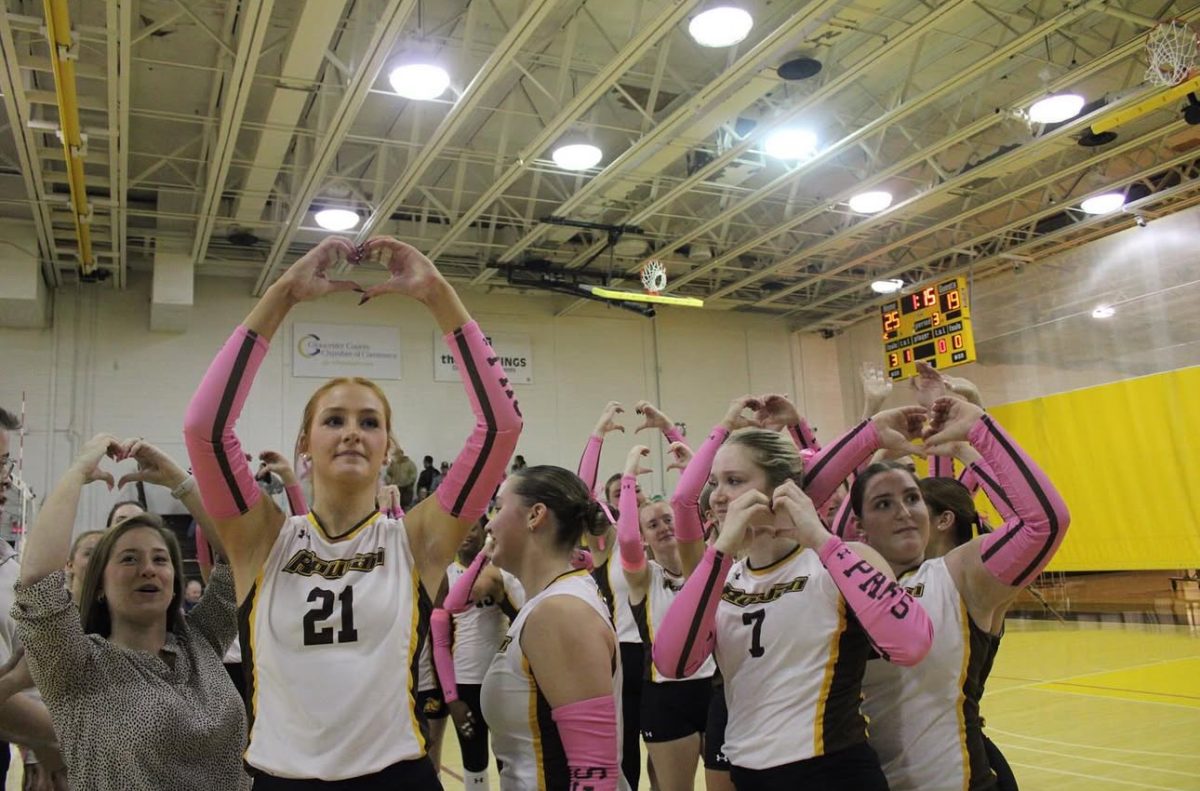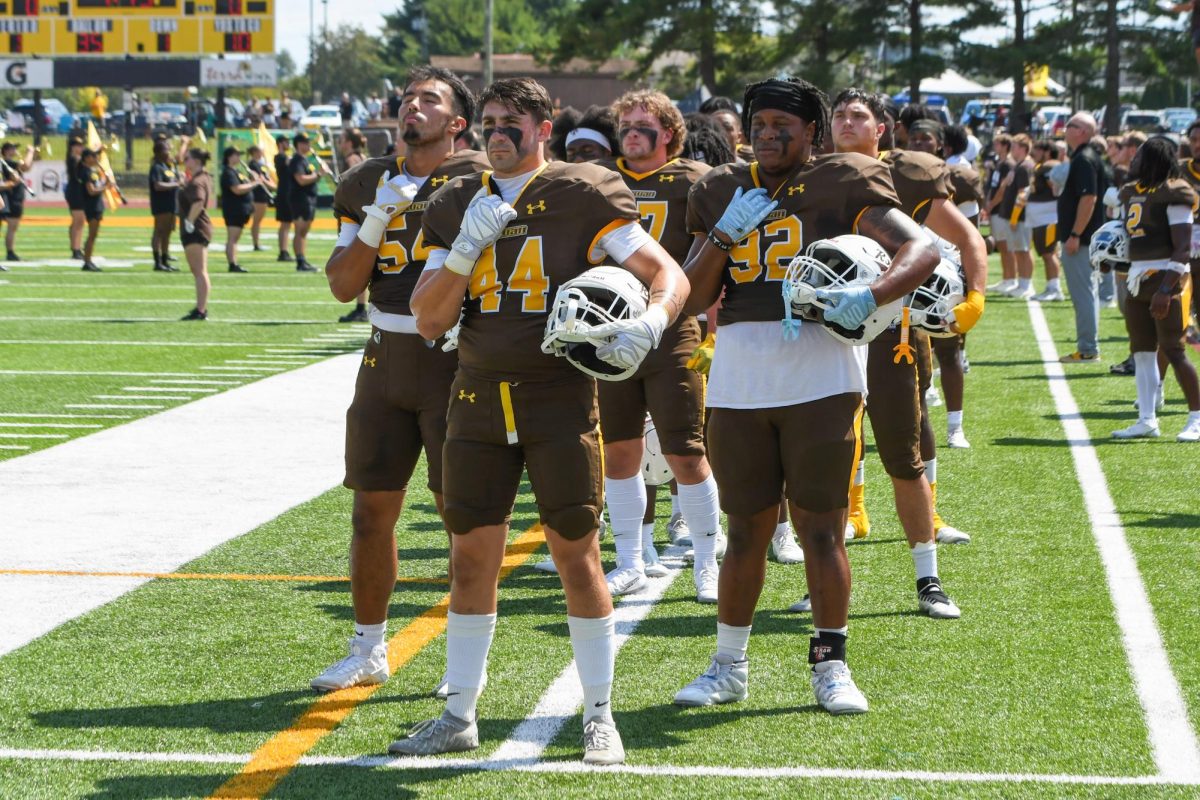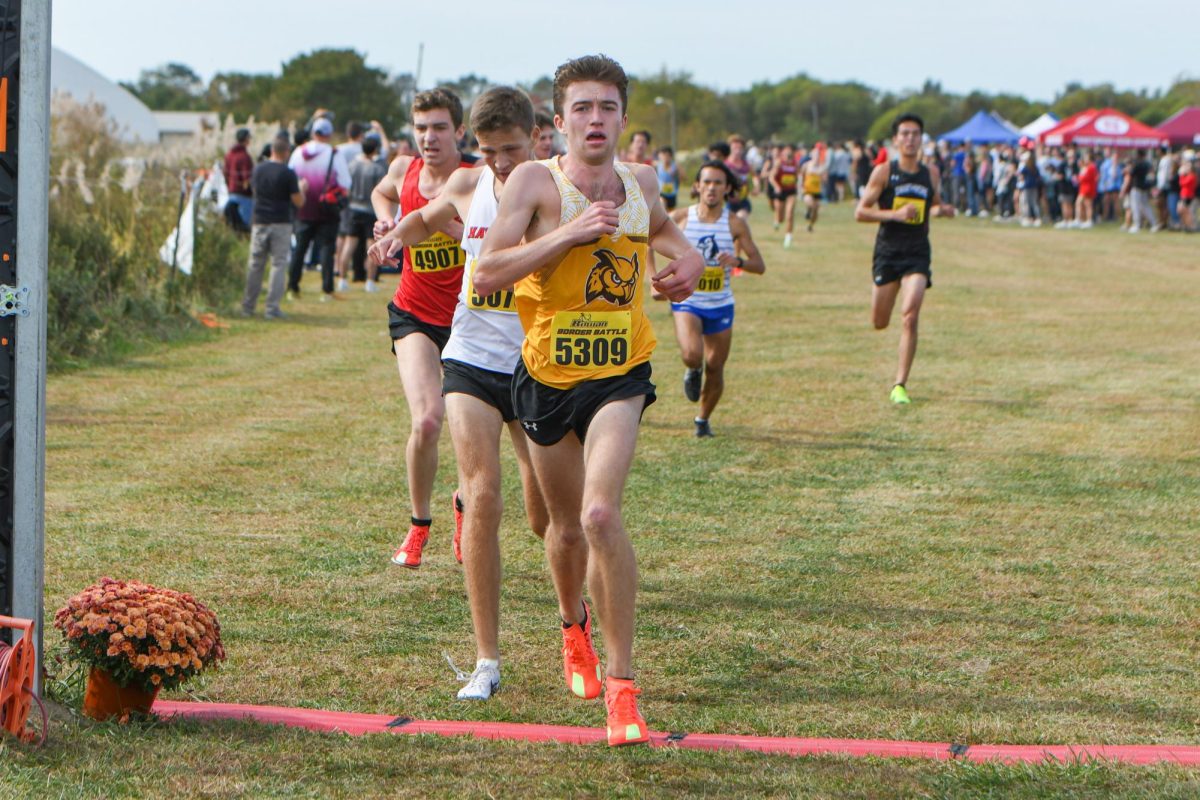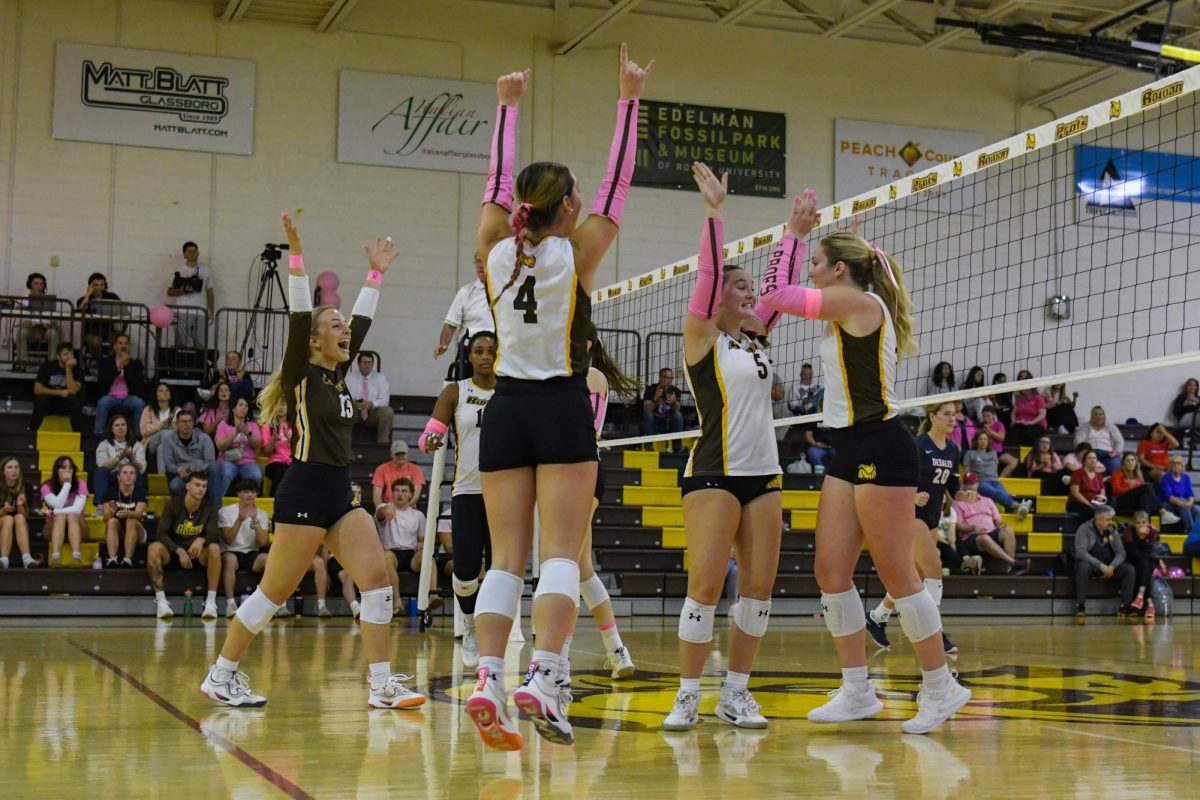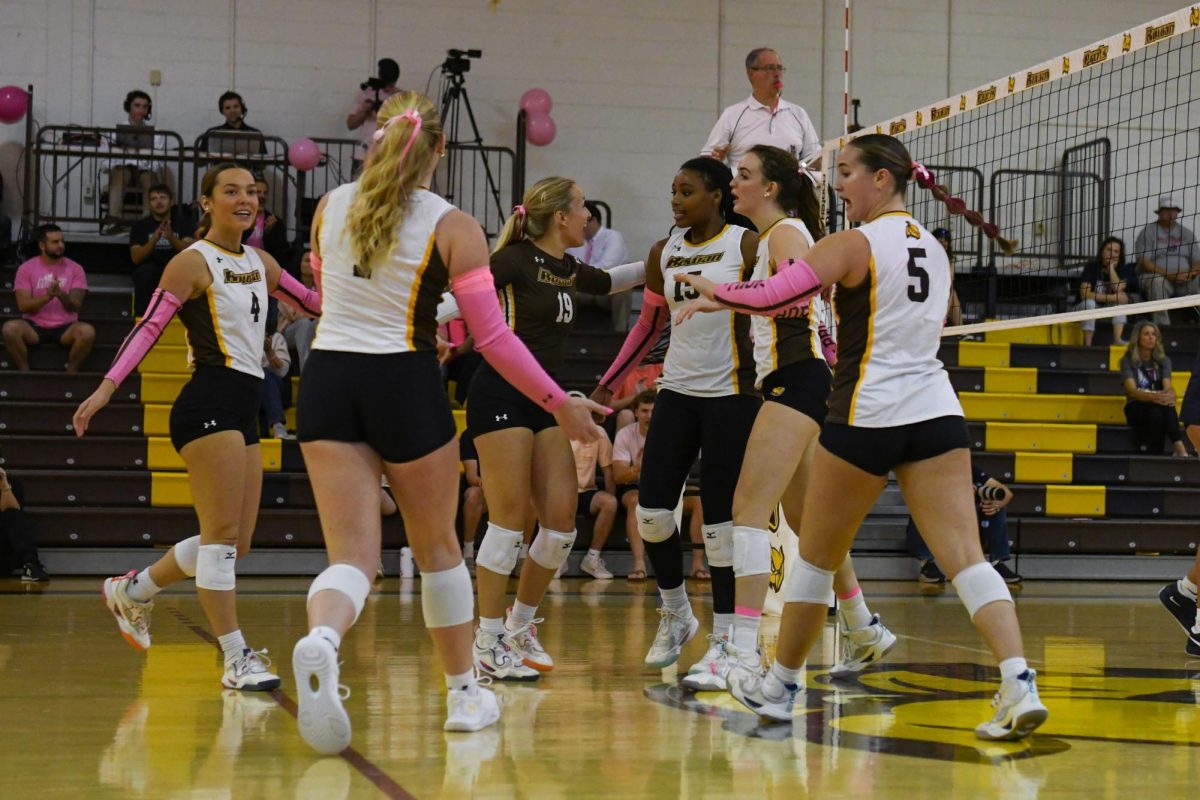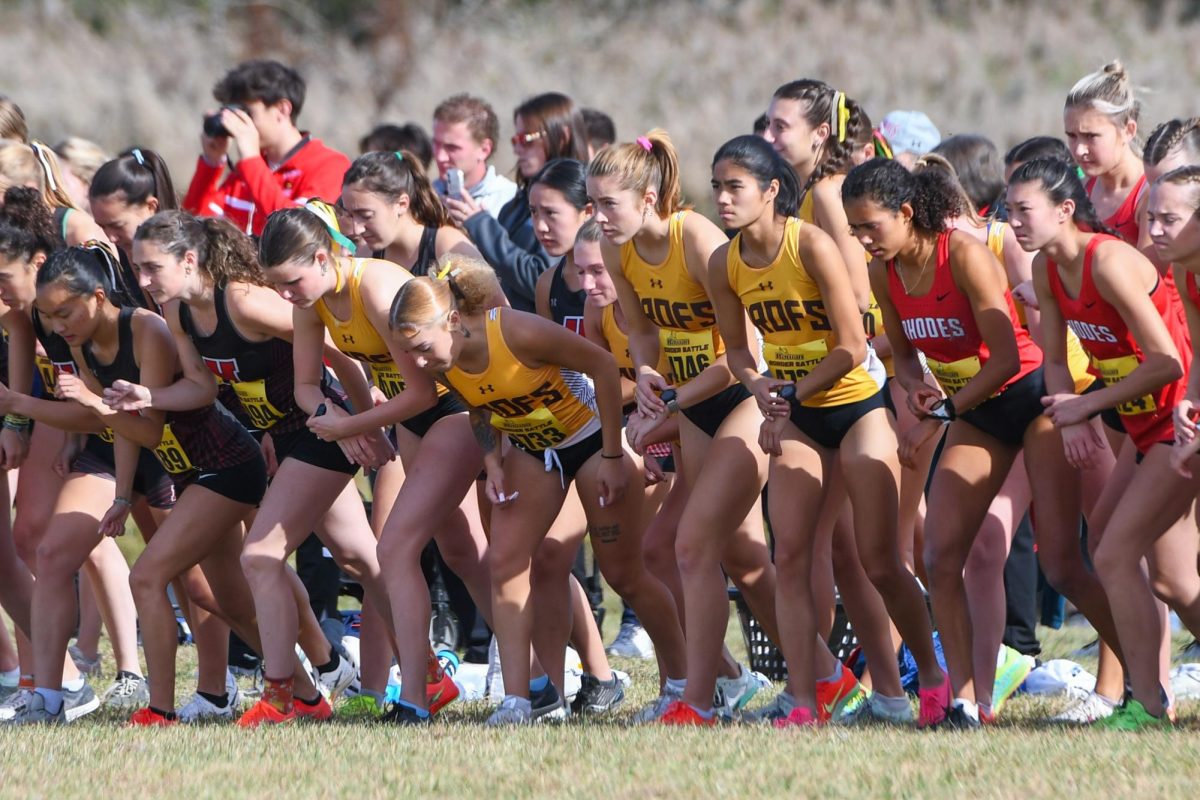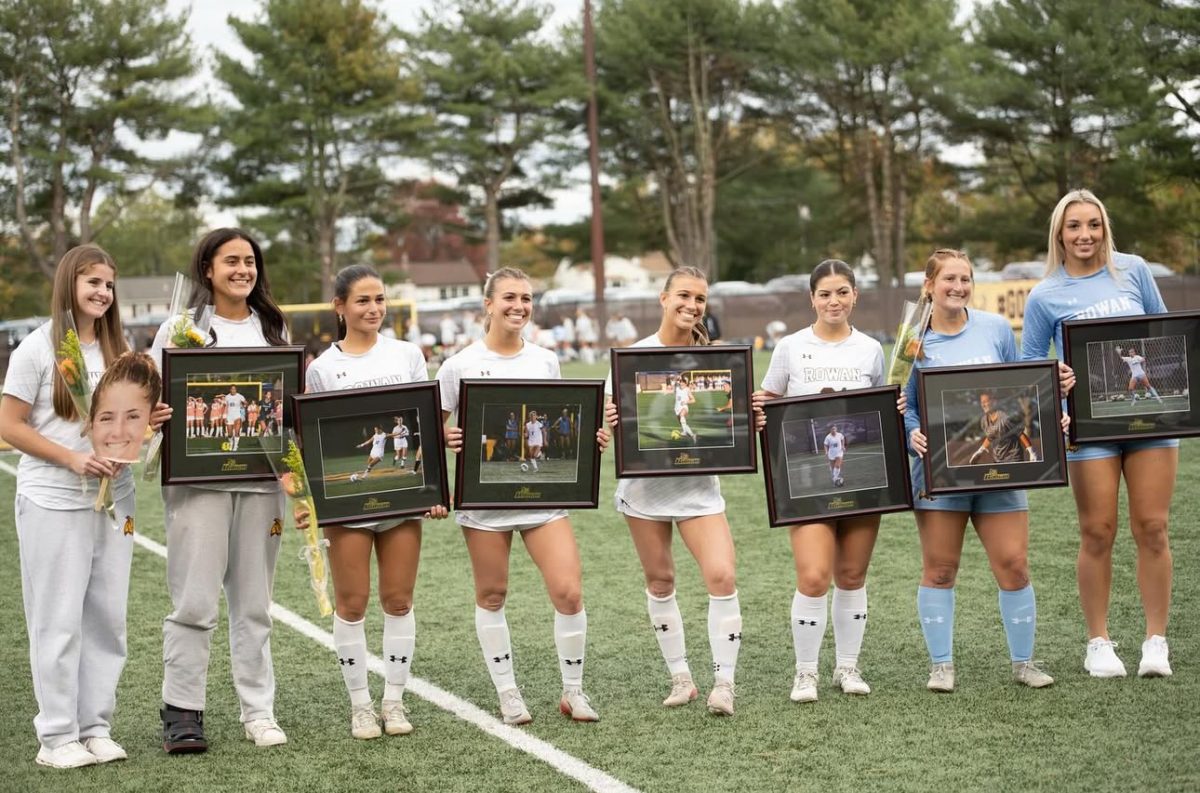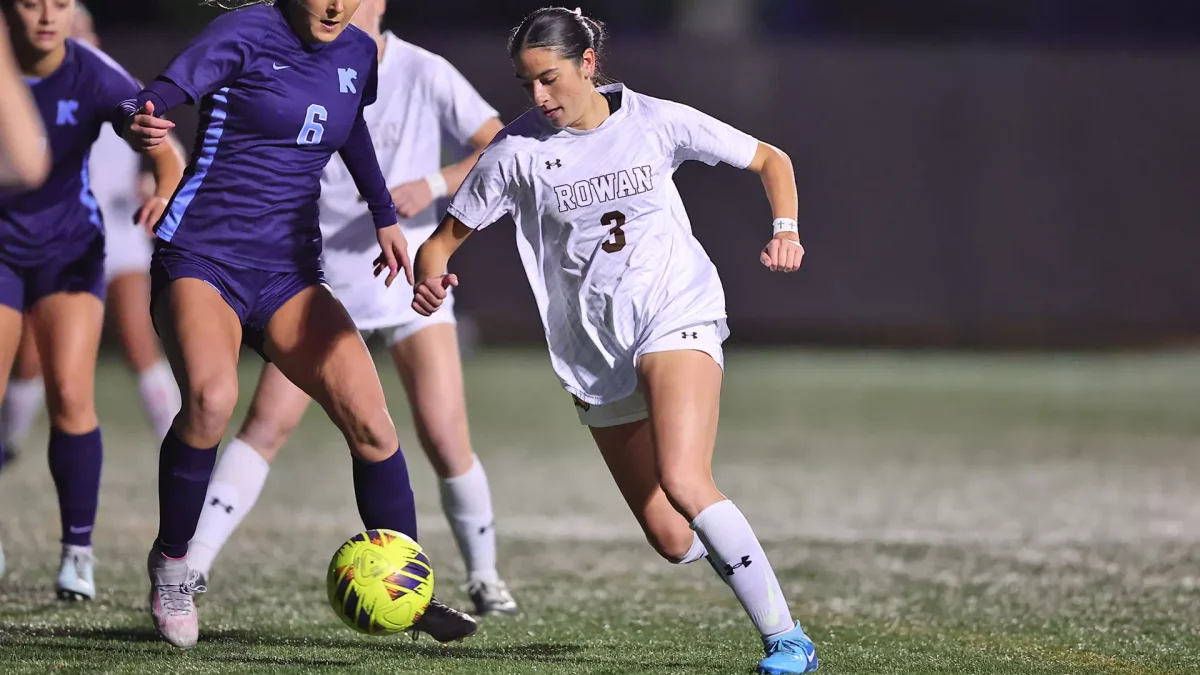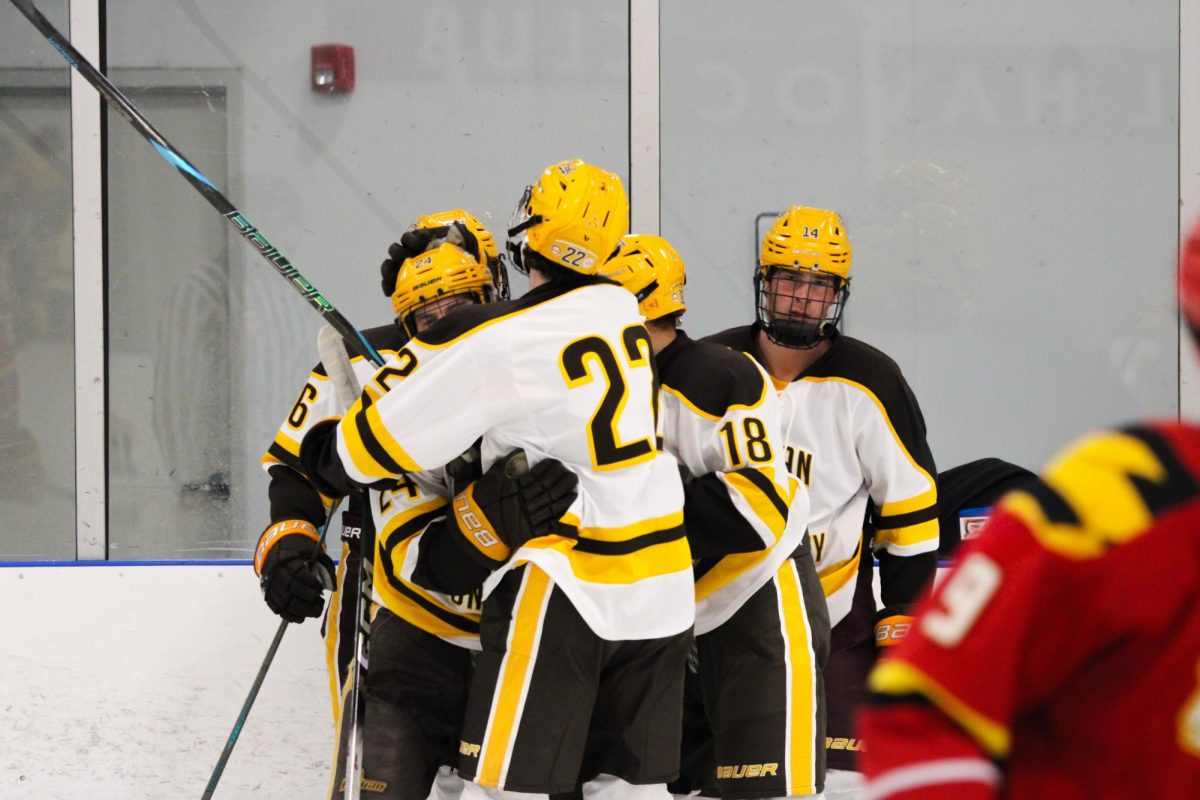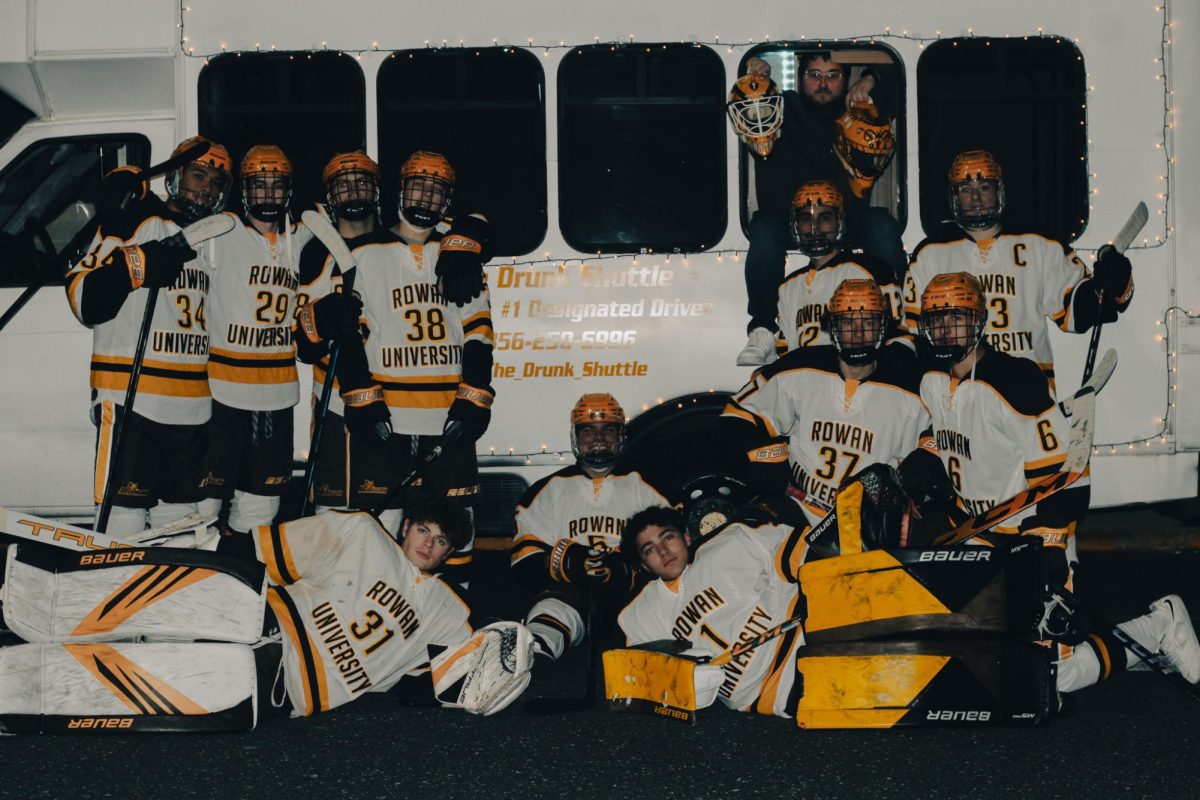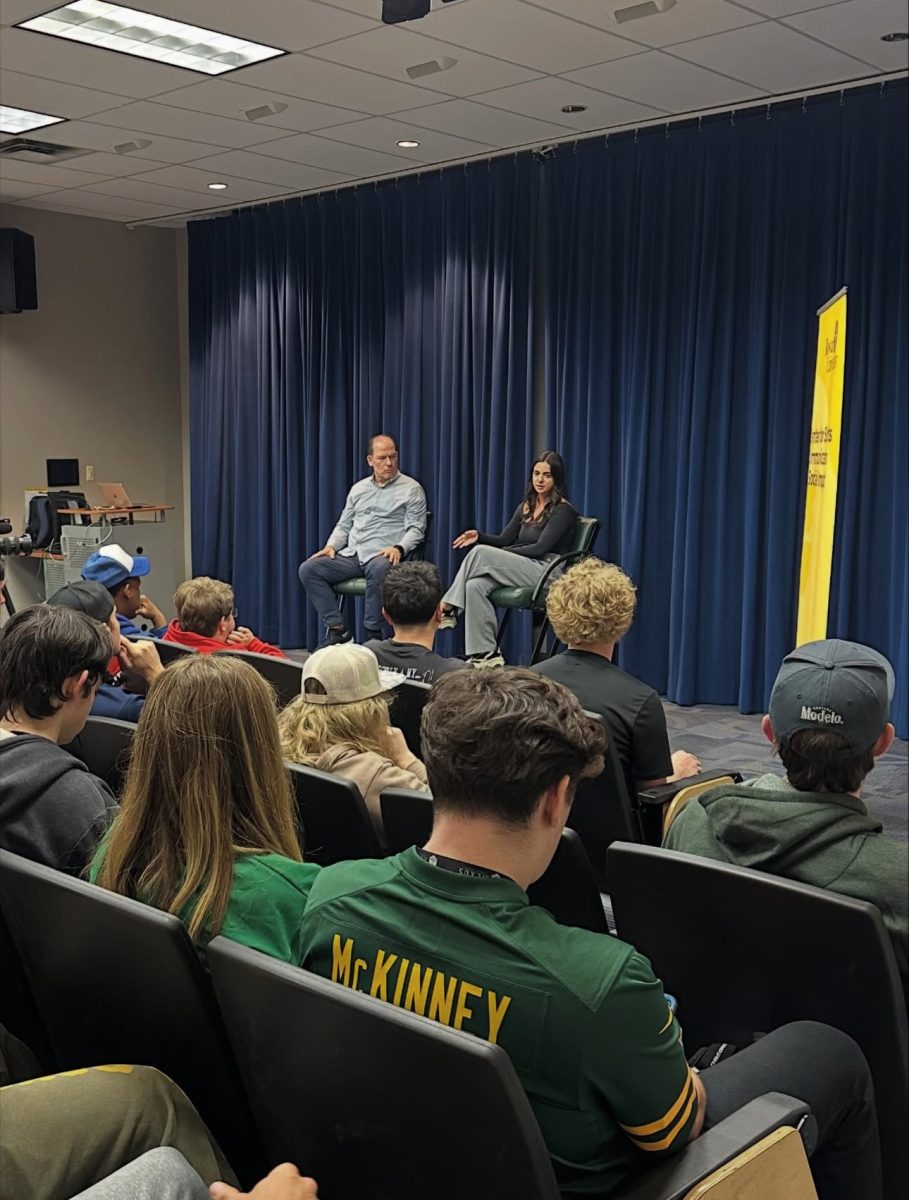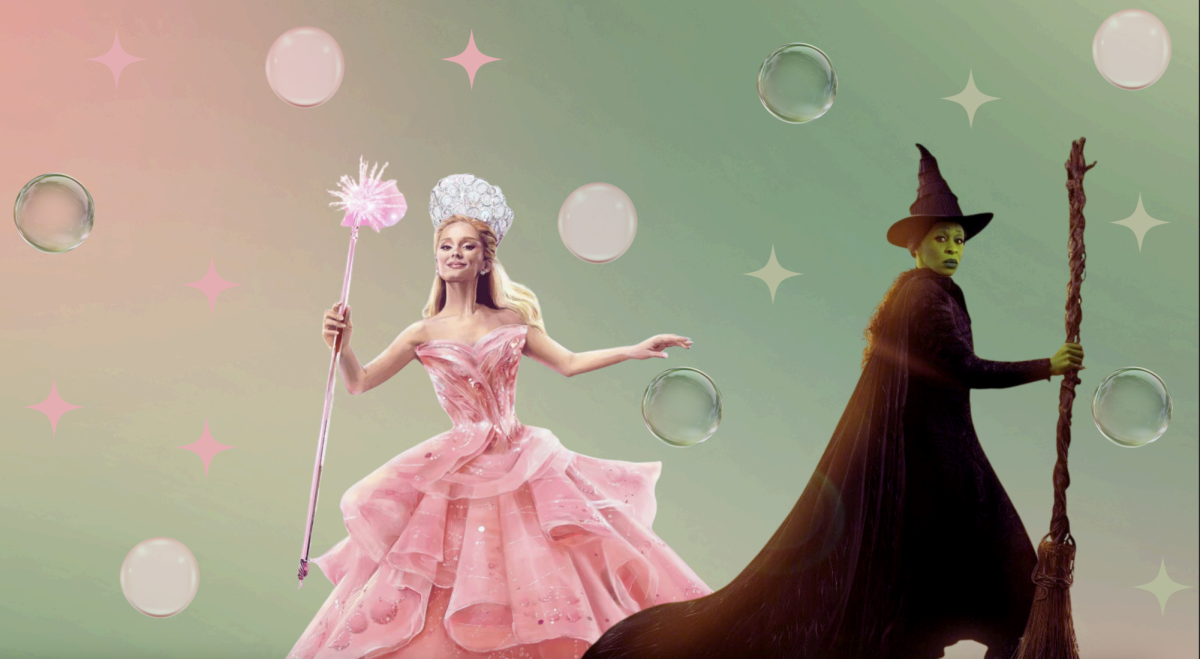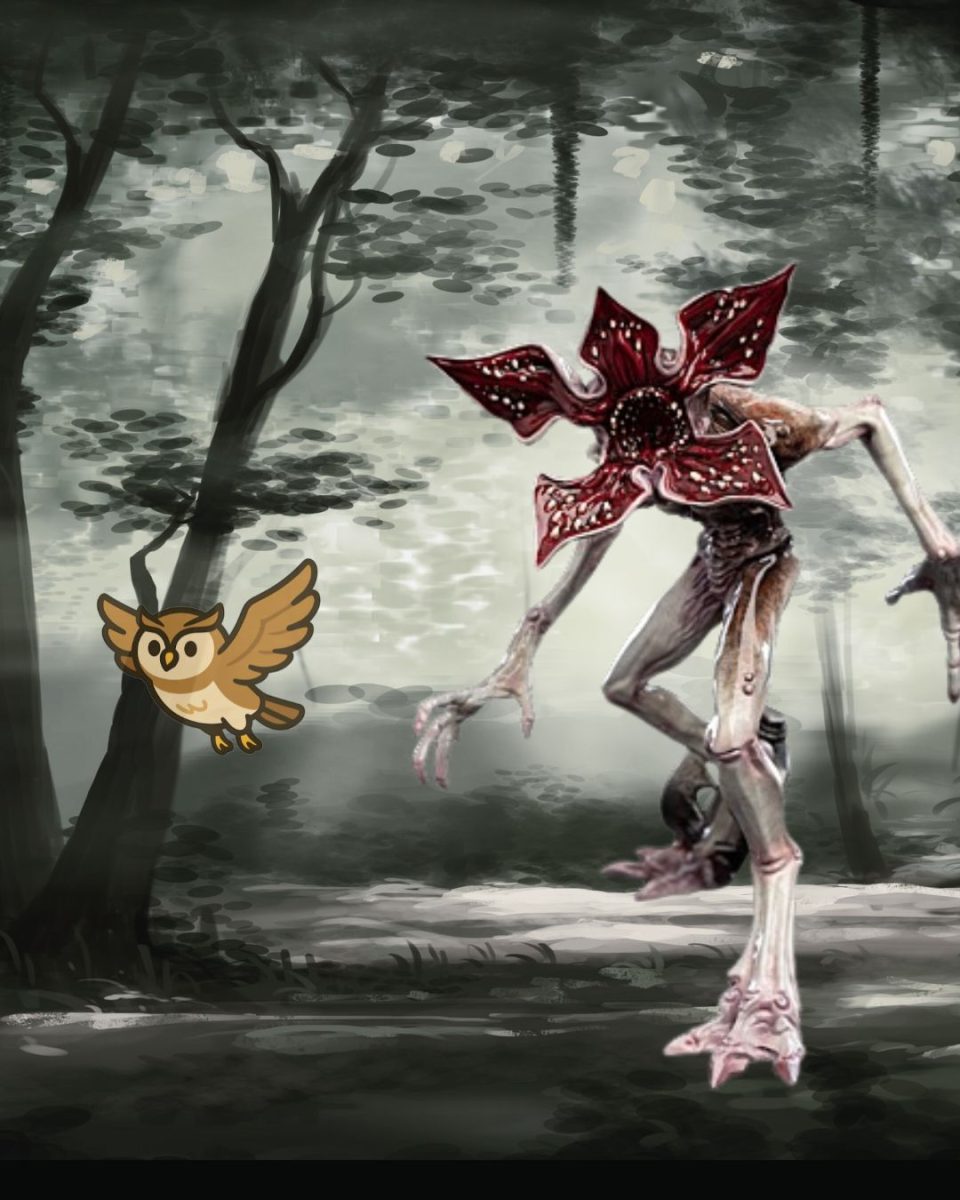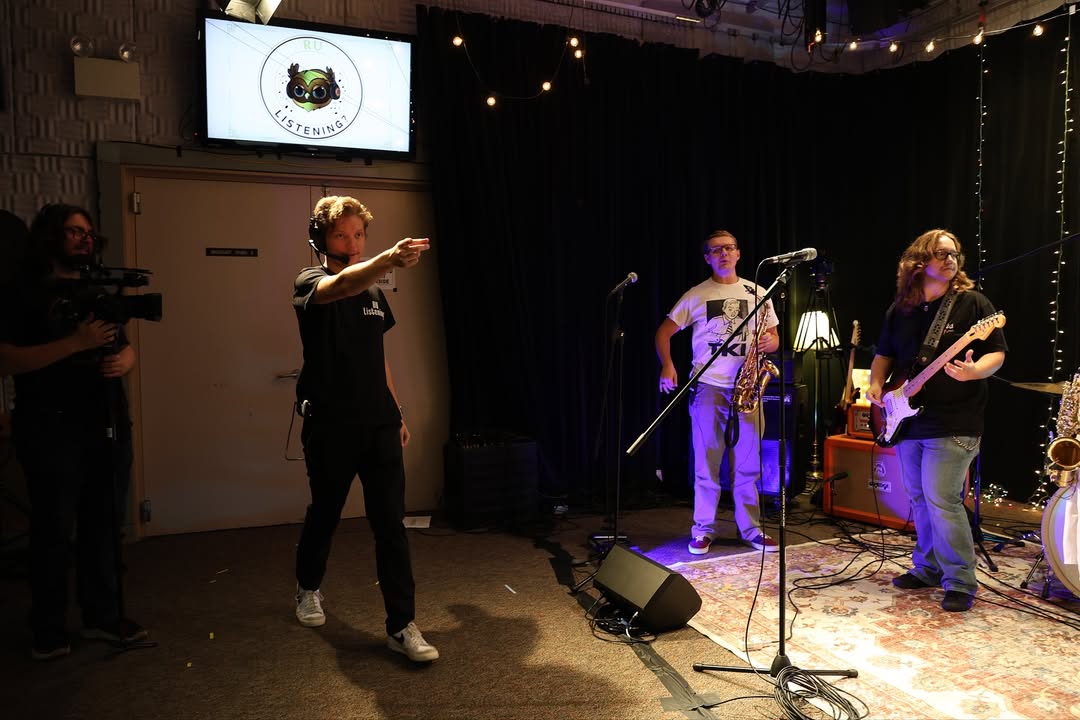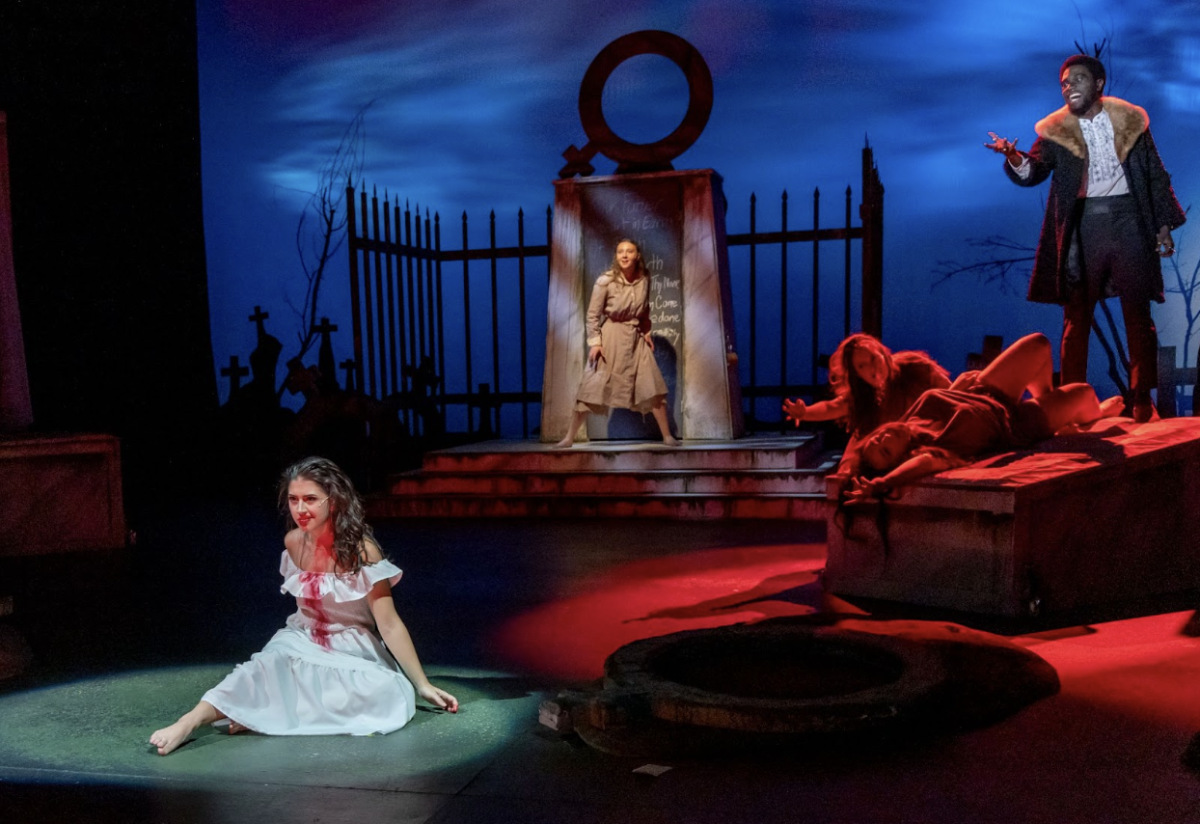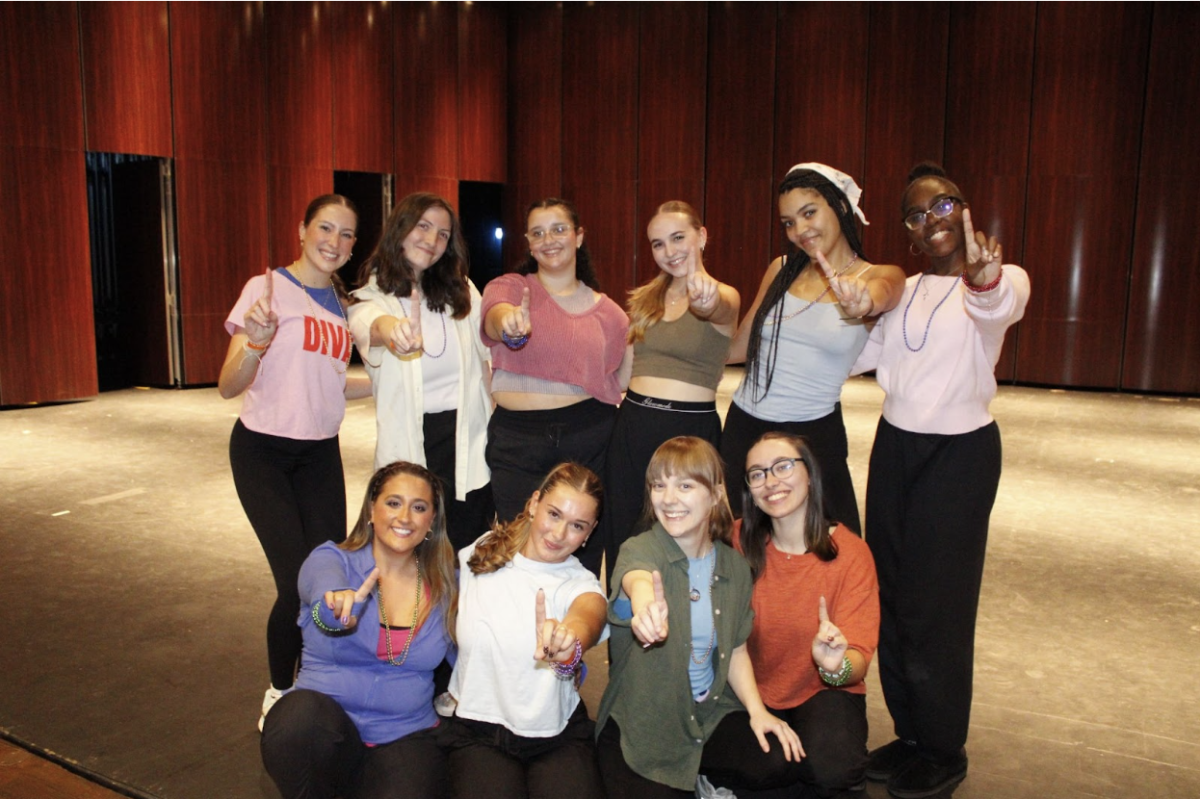Over time, the history books may note that the most significant move made during last Thursday’s
NBA trade deadline was the arrival of Kevin Durant to the Phoenix Suns. However, in my view, the
most interesting and impactful move was made in the days preceding the Durant trade. Namely, the one
involving his former co-star on the Brooklyn Nets, Kyrie Irving.
On Feb. 6, 2023, Kyrie Irving’s trade request was honored, with the Nets sending him to the Dallas
Mavericks in exchange for Dorian Finney-Smith, Spencer Dinwiddie, and several draft picks.
From an X’s and O’s perspective, this trade is shockingly boring, however, I believe Brooklyn got a fair return. On paper, giving away an all-star starter for a couple of decent role players and picks of unknown value seems like a losing effort, but considering the context, the Nets should consider themselves lucky they got anything in return at all.
Finney-Smith’s reliable defense and shooting in addition to Dinwiddie’s decent shot creation round
out an interesting Nets’ roster. Between Smith, Dinwiddie, fellow new arrival Mikal Bridges, Nic Claxton, Joe Harris, Seth Curry, and the ghost of Ben Simmons, this roster construction echoes their circa 2019 “just a bunch of guys” approach to team building. If they manage to find a genuine star to
throw in with these guys, then they could be formidable.
On Dallas’ end, it’s pretty much exactly what we expected. Kyrie Irving and superstar
Luka Doncic have only played two games together, with both ending on chaotic, botched last-second
possessions caused by the uncertain pecking order between Irving and Doncic.
The highlights paint a fair picture– some ISO ball, some simple drive and kick plays, a
little bit of “beautiful game” passing around the perimeter. Fairly standard, modern NBA offense. It’s unclear whether this will make the Mavericks a legitimate title contender, but they will
certainly be a step above what they’ve been so far this season.
This trade intrigues me because of the question it poses, and the dire circumstances it
reflects. For the past two years, Kyrie Irving has been a nuisance and an open bigot who has hurt
his team and the league, and in the end, he was rewarded for it. How did he evade accountability
so deftly? What does accountability even look like in professional sports?
Apart from his well-documented anti-vax antics that ruined the Nets’ 2021-2022 season,
it’s now well-known that Irving is an anti-Semite. That fact has been danced around in the media,
but it’s fairly clear that he holds anti-Semitic beliefs. For example, he posted a link to a documentary on Amazon which contained quotes from Adolf Hitler that were framed in a positive way, in addition to many viewpoints shared by the Black Hebrew Israelites, a well-known hate group.
When pressed about this by reporters, Irving said “I can’t be anti-semitic if I know where I
come from,” which was an explicit endorsement of the ideas expressed by the documentary.
What punishment did the Nets’ higher-ups settle on? A five-game suspension (he doesn’t
care about missing games), a fine (he doesn’t need the money), and an Instagram apology post
that he deleted almost immediately after being traded.
The last wrinkle is that Irving wanted to go to Dallas– reportedly placing them on a
“wish list” last off-season– and might not be there for long, considering the likelihood of receiving
a sizable contract from the Los Angeles Lakers in the upcoming off-season.
In a sense: as a result of his conduct, he has already been rewarded with a favorable
on-court situation, and might be rewarded with even more money. Accountability, at least in a vacuum, is a fairly straightforward concept in other facets of society. If a politician passes bad policies, he gets voted out; if a CEO makes a bad business decision, he gets fired.
That’s not often the case for professional athletes. They have an equally high cultural
status as those other figures, but aren’t privy to the same levels of punishment. They don’t
necessarily exert the same power as, say, an NBA executive— many of whom are held
accountable in adequate ways— but they do have a higher stature.
Professional sports is one of the few industries where the workers are the product. They can’t fire Irving because that’s just not how it works. They can’t “demote” him because that would make it harder to win games. You can’t send him to a terrible team because you won’t get much in return.
So what’s the solution? I really don’t know, but the league needs to figure it out soon, as
it’s putting them in a difficult position. Last week, Nets’ player Cam Thomas was fined for saying
the phrase “no homo” during a post-game interview.
Now, if we’re being objective, that’s a notable overreaction, but in a post-Kyrie world, I think it was the right move. The slightest whiff of anything that can be remotely interpreted as intolerant needs to be squashed like a bug.



